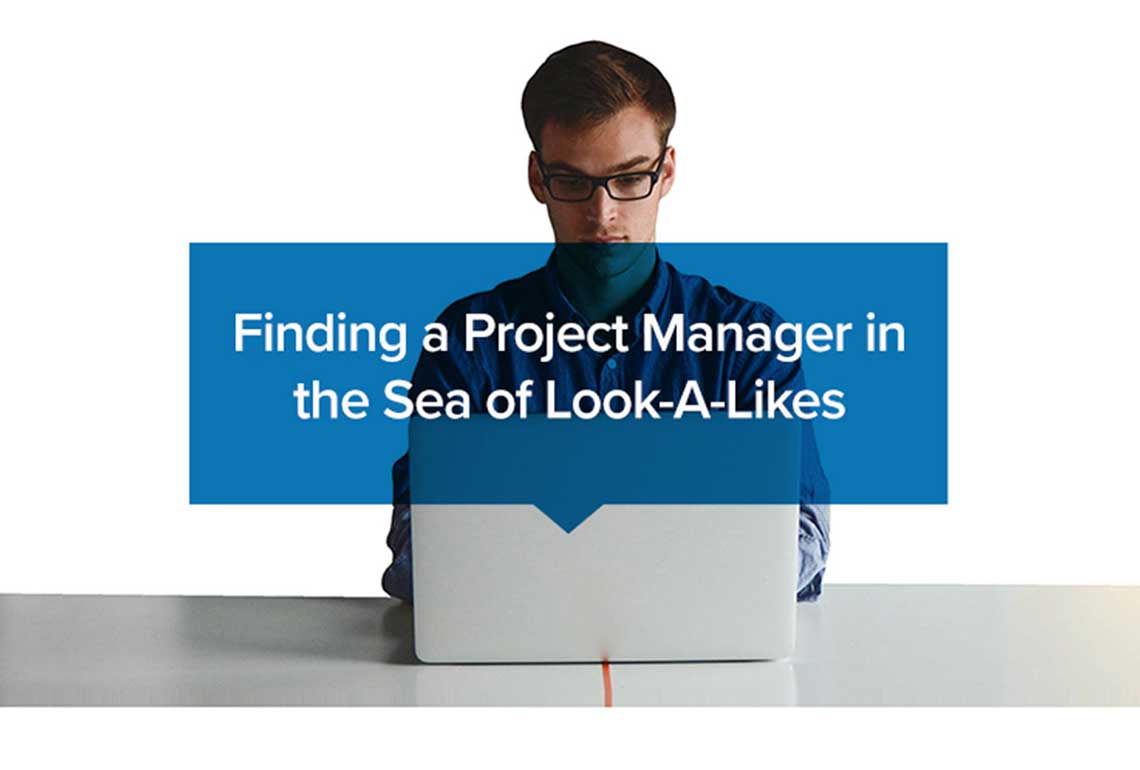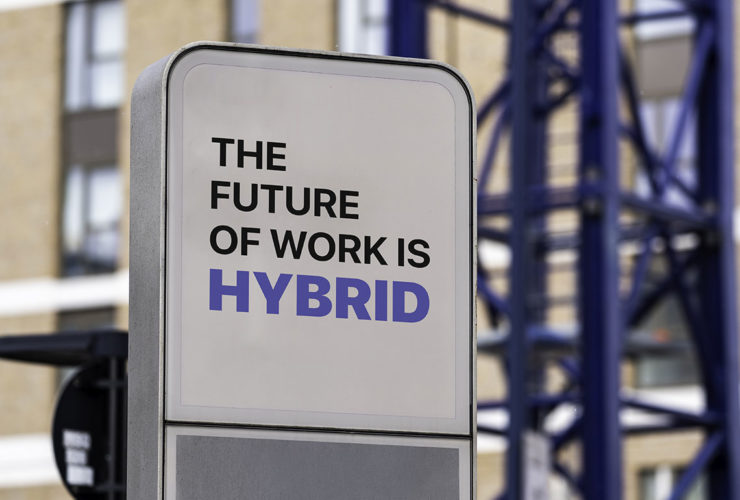As you weed through the project manager resumes you’ve received, you notice they all look alike. Boasts of successful projects “in scope,” “on time” and “in budget,” multi-million dollar portfolios and years of experience flood resumes. When all you see is compulsory jargon, how do you differentiate one candidate from another?
The answer to this question lies in digging into the candidate’s personality type. There are two types of project managers: the armchair project manager and the one who gets in the weeds. Armchair project managers do their job satisfactorily. They check off all the project management check boxes. Project schedule complete? Check. Project budgeted? Check. Reports show no scope creep? Check. They use all the buzz terms and sound great on paper. They may even have their PMP.
What they don’t do is get truly ingrained in the project. They sit back and look at it from a bird’s eye view. They can’t give you specific answers about how the project is doing (their projects are mysteriously always in the “green”). They don’t really know who is working on what. Their role is more administrative than managerial and, more often than not, their projects don’t go as smoothly as their resume may lead you to believe.
When you get a project manager who enjoys getting in the weeds, they take the success of the project personally. They make it their own and add value to it. They manage the project, instead of checking off boxes. The best way to spot this type of project manager is to find one with either development, technical leadership or Business Analyst experience.
You can further differentiate the two types of project managers through the interview process. Ask them how they deal with a project that is heading towards the red. Their answer should involve something they do to interfere and turn the project around. Ask them about their favorite project and why. The answer should be personal.
There should be some sort of passion about their past work in the interview process that leaves you with the impression that they care. Because if it isn’t personal, they don’t get involved on an intimate level and they won’t be able to spot when the project trajectory is starting to turn before the fires begin popping up.




